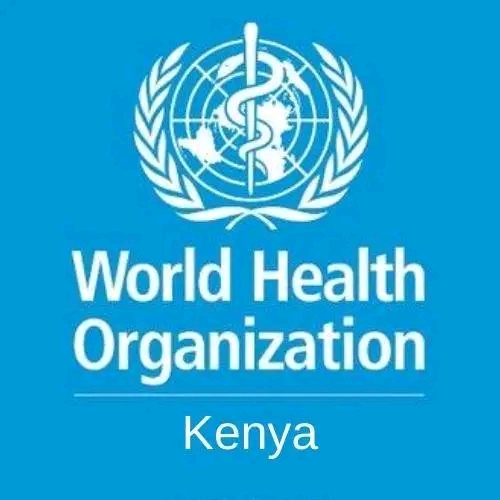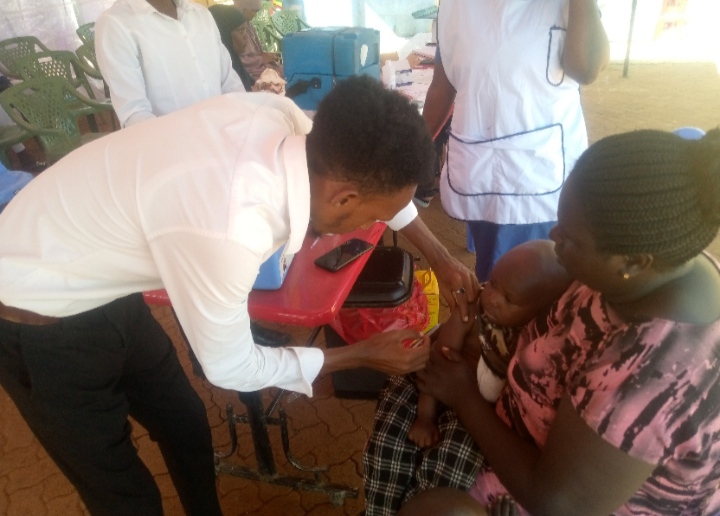Kajiado,
Thursday April 4 2024,
KNA by Alice Gworo
The World Health Organization (WHO) has unveiled the Smart AI Resource Assistant (S.A.R.A.H), a digital health promoter prototype with a generative AI-powered empathetic response.The launch of the prototype comes ahead of World Health Day, focused on ‘My Health, My Right’.
S.A.R.A.H. is a Smart AI Resource Assistant for Health that represents an evolution of AI-powered health information avatars, using new language models and cutting-edge technology. It can engage users 24 hours a day in 8 languages on multiple health topics, on any device.
WHO’s digital health promoter offers information on health topics like healthy habits and mental health, assisting individuals in optimizing their health journey and recognizing their health rights.
Sarah, also known as S.A.R.A.H., aids individuals in understanding risk factors for major global diseases, providing information on quitting tobacco, maintaining physical activity, and promoting healthy lifestyles.WHO Director-General Dr. Tedros Adhanom Ghebreyesus emphasized the priority of supporting countries in harnessing digital technologies for health in the future.
He further added that S.A.R.A.H. gives us a glimpse of how artificial intelligence could be used in future to improve access to health information in a more interactive way.
“I call on the research community to help us continue to explore how this technology could narrow inequities and help people access up-to-date, reliable health information,” he added.
S.A.R.A.H. uses generative AI for real-time, personalized conversations, mirroring human interactions. Supported by Soul Machines Biological AI, it provides nuanced, empathetic responses.
WHO calls for continued research on this new technology to explore potential benefits to public health and to better understand the challenges?
While AI has enormous potential to strengthen public health it also raises important ethical concerns, including equitable access, privacy, safety and accuracy, data protection, and bias.
Continuous evaluation and refinement as part of this project emphasize WHO’s dedication to bringing health information closer to people while maintaining the highest standards of ethics and evidence-based content.
Developers, policy makers and health care providers need to address these ethics and human rights issues when developing and deploying AI to ensure that all people can benefit from it.
The S.A.R.A.H. project strives for continuous learning and development of a prototype that can inspire reliable, responsible and accessible information.
Previous iterations of S.A.R.A.H. were used to disseminate critical public health messages, under the name Florence, during the COVID-19 pandemic on the virus, vaccines, tobacco use, healthy eating and physical activity.
WHO continues to use many digital tools and channels to disseminate and amplify health information including social media, chatbots, channels and text messaging.
Courtesy; KNA





